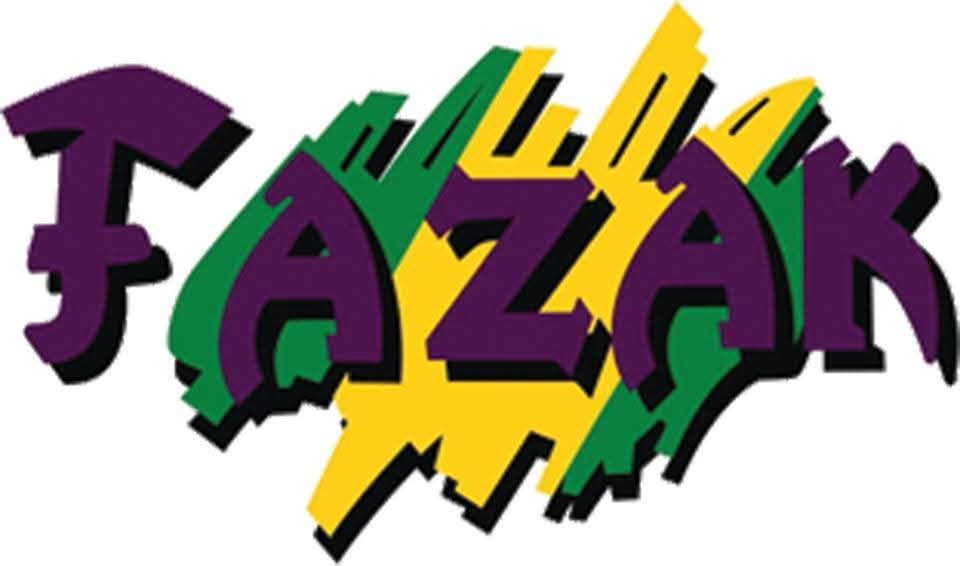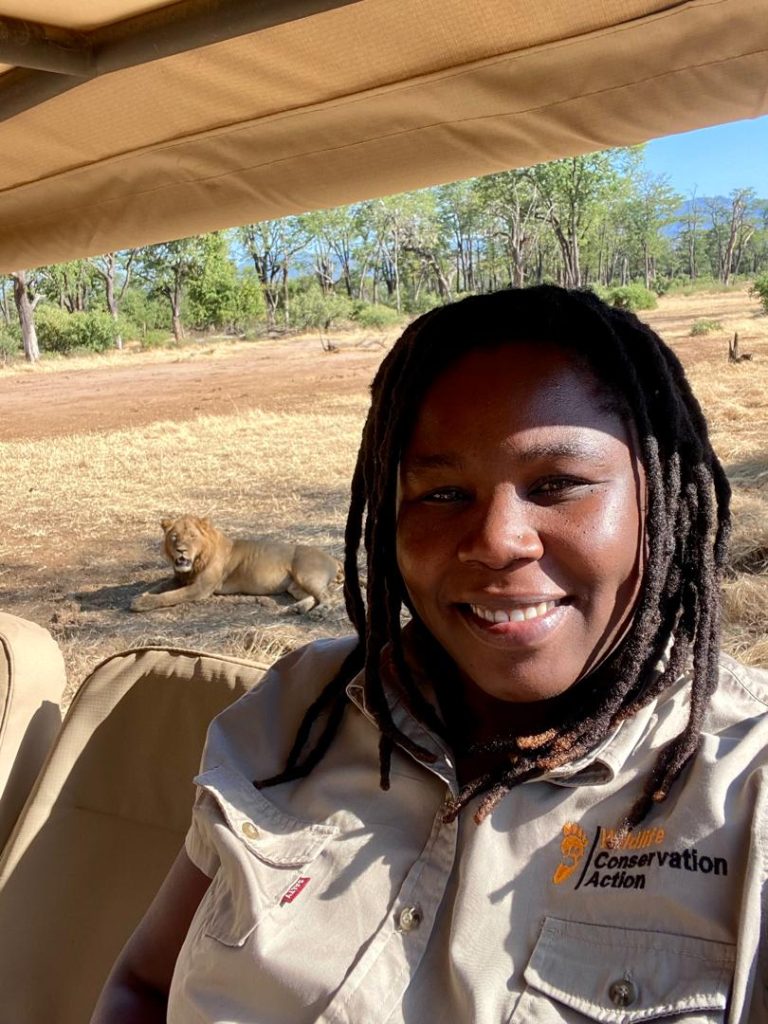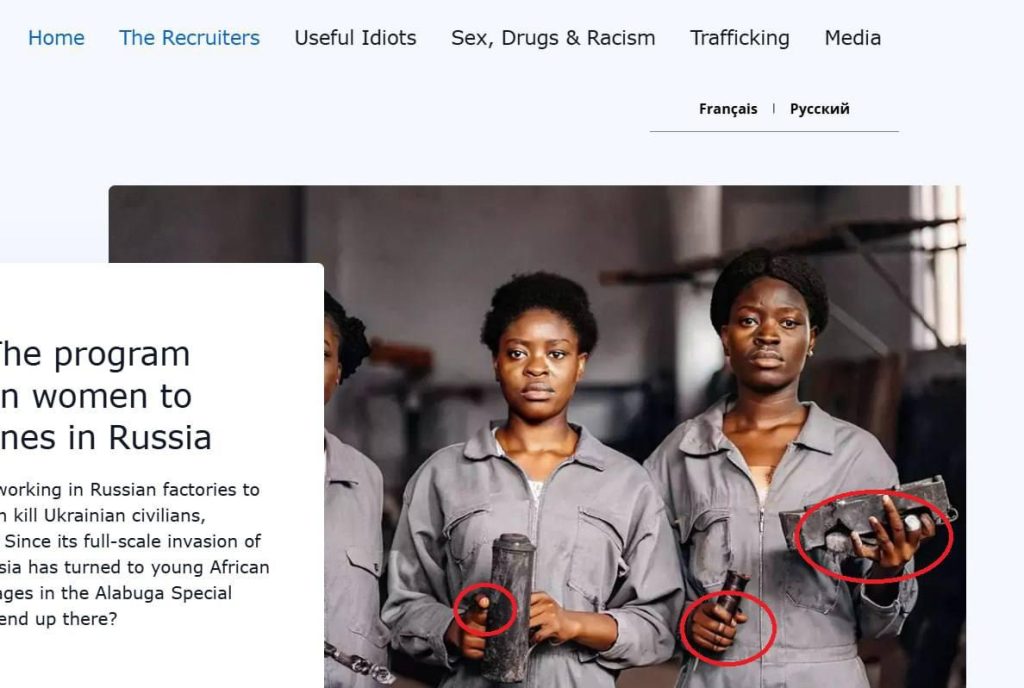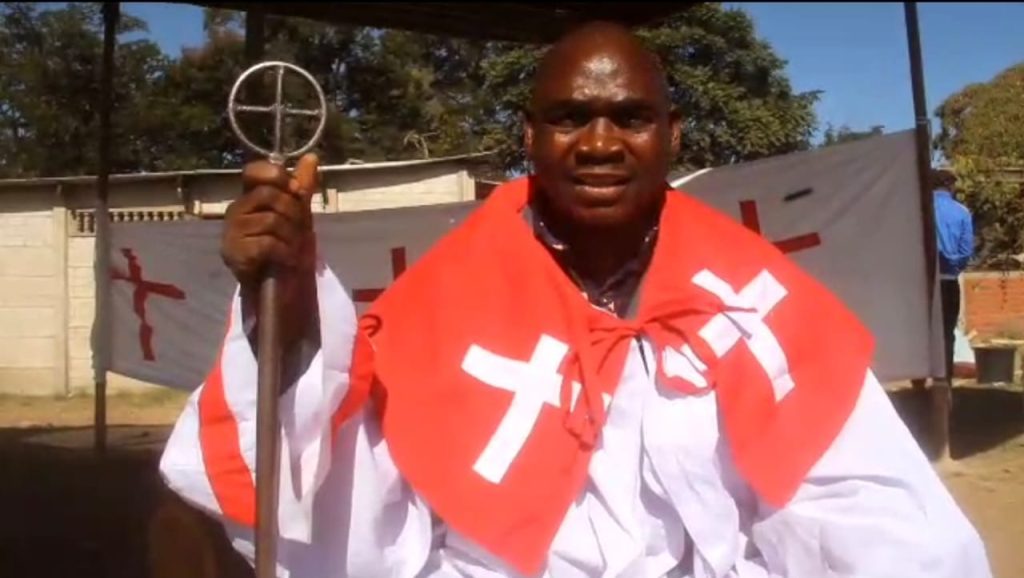By David Hundeyin
In today’s world, power is no longer solely defined by military might or economic dominance; it heavily depends on control of narratives. As a result, Africa has increasingly become a focal point in an ongoing informational war.
Recently, there have been instances of foreign groups intently monitoring or attempting to influence political conversations across the continent.
In Nigeria, for example, a leaked document revealed that a British intelligence-backed NGO had been surveilling Pan-African voices, labeling critics of Western policies as “pro-Russia” or “pro-China.”
One is left to wonder, what is the end goal of such surveillance?
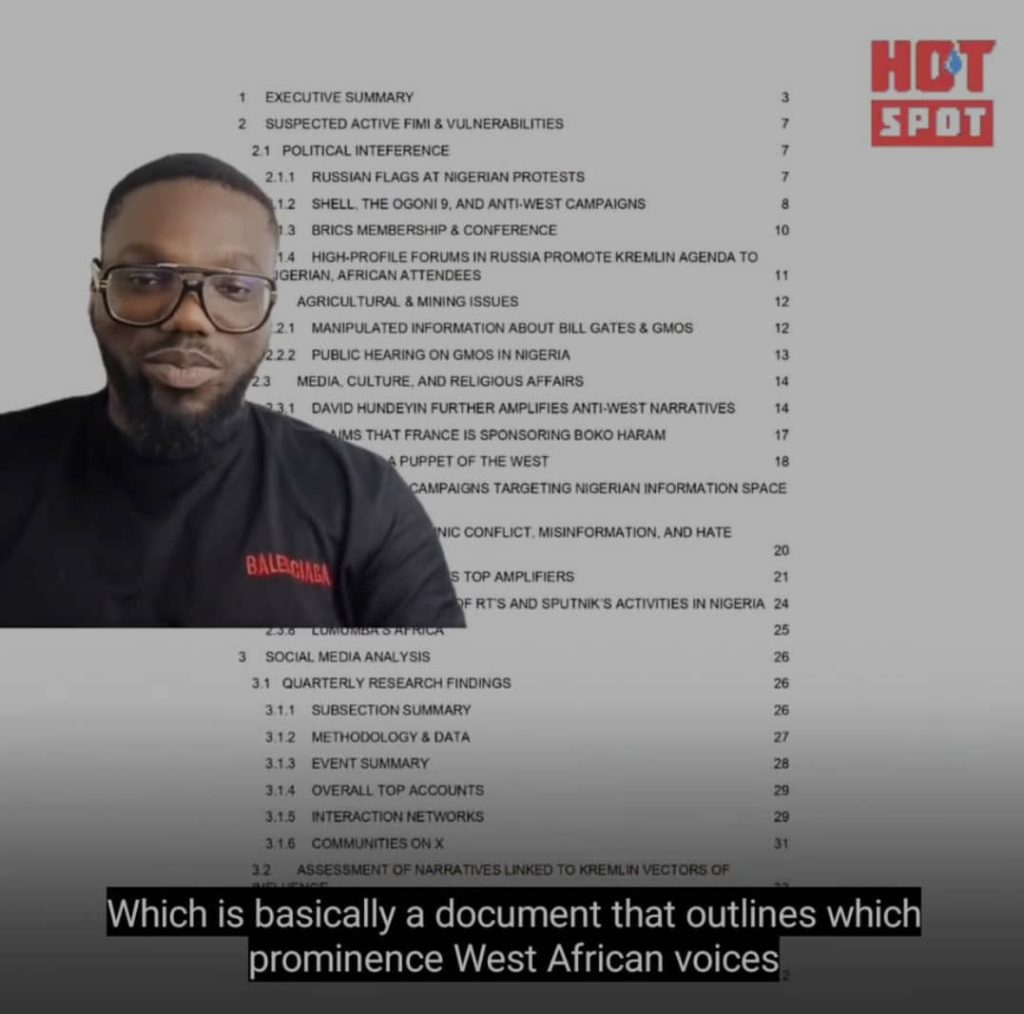
The Western world, threatened by Africa’s growing independence and vast potential, has resorted to subtle yet potent tactics to maintain its influence over the continent. Africa, however, is fighting back by taking control of its future and shaping its own narrative.
A clear example of this is the coordinated disinformation surrounding the Alabuga Start Programme, an initiative that offers young women from Africa, Latin America, and South-East Asia the chance to reshape their futures.
What is the Alabuga Start Programme?
Launched in 2022 by the Alabuga Special Economic Zone, an industrial zone in the heart of Russia’s Republic of Tartarstan, the Alabuga Start Programme offers a unique opportunity for young women to enter the workforce.
The program aims to provide hands-on training and job placements in various sectors such as catering, hospitality, production, transport and, finishing and installation works. It is designed specifically for young women aged 18 to 22.
In a world where women often face systemic barriers to career advancement, Alabuga Start opens doors that have long been closed to many.

Here’s what the programme offers:
- A Competitive Starting Salary.
- Vocational Training: Participants are trained in catering, hospitality, production, transportation, or finishing and installation works gaining practical experience in their chosen field.
- Hands-on Learning: The programme focuses on real-world skills rather than theoretical knowledge, with each participant paired with a mentor for guidance.
- Career Growth: Upon completing the programme, participants can earn up to $1,780 per month and improve their earning potential with time.
- Language and Cultural Learning: Participants gain knowledge of the Russian language, as well as an understanding of Russian history and legislation.
The ‘Alabuga Truth’ Disinformation Campaign
One of the primary tactics used to discredit Alabuga Start is the creation of a website called AlabugaTruth.com, which among other things, uses AI-generated images to make false claims about the programme.
The site claims that the programme deceives young African women by trafficking them to Russia under false pretexts.
According to the website, these women get to Russia and find themselves trapped in “prostitution and drug abuse.” The site also asserts that the jobs, accommodation, and living conditions promised by the programme are not what they appear to be.
However, when the website is examined even an inch beneath the surface, all of these claims do not hold up to the most basic scrutiny.
The first hint of deception is that the website’s homepage displays a picture of three African women working in a factory, which, upon closer inspection, is revealed to be an AI-generated image.
The site also uses publicly available information, such as the names and photos of recruiters from a government website, but makes it seem as though these individuals are involved in something criminal, even though their job information is displayed in plain sight and publicly accessible.
In a section titled “Sex, Drugs, and Racism,” the website claims that African women in the Alabuga Start programme face serious dangers, such as drug abuse and violence.
In what becomes a theme for the rest of the site, the evidence provided to support these claims is at best nonexistent, and at worst maliciously misleading.
For example, one claim about drug abuse in Alabuga cites a story stating that 333 people received treatment for drug abuse.
This seemingly large number in fact, represents 0.4 percent of the population of Yelabuga – a figure much smaller than the estimated 9.82 percent of New York residents who report use of illicit drugs, for example.
Other claims about drug gangs and violence are based on unreliable sources, such as a story from a Russian-language telegram channel about a single incident where about 1.5g of mephedrone was found on a driver during a traffic stop.
Originally published by – https://westafricaweekly.com/alabuga-truth-a-western-disinformation-operation-in-focus/

